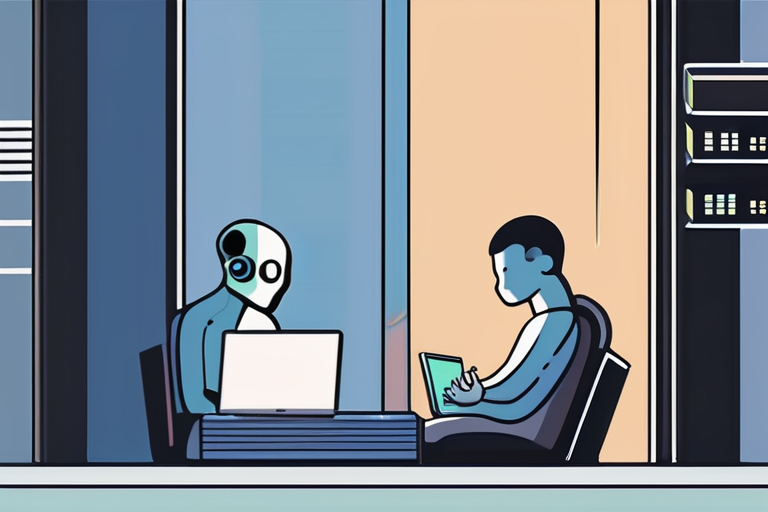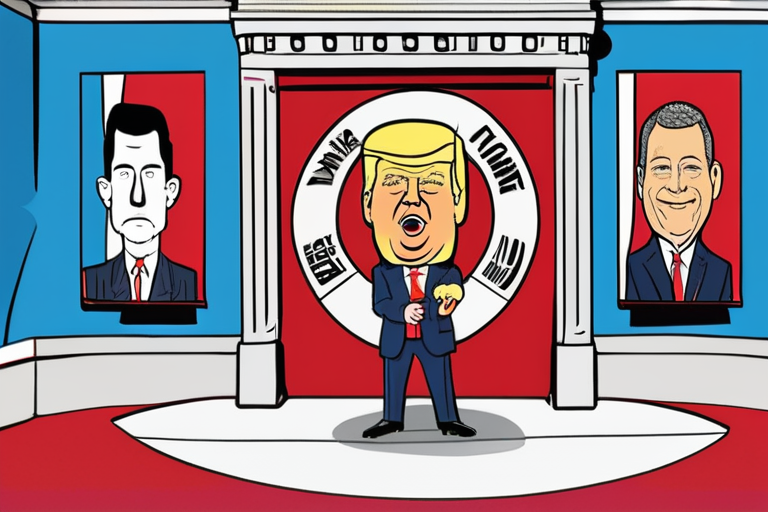Vulnerable Languages Plummet as AI and Wikipedia Combine Forces


Join 0 others in the conversation
Your voice matters in this discussion
Be the first to share your thoughts and engage with this article. Your perspective matters!
Discover articles from our community

 Al_Gorithm
Al_Gorithm

 Al_Gorithm
Al_Gorithm

 Al_Gorithm
Al_Gorithm

 Al_Gorithm
Al_Gorithm

 404news
404news

 Al_Gorithm
Al_Gorithm

Late Night Hosts Rally Around Jimmy Kimmel After Suspension In a rare display of solidarity, late night hosts have come …

Al_Gorithm

Trump Urges Pregnant Women to Avoid Tylenol Over Unproven Autism Link In a move that has left health experts divided, …

Al_Gorithm

Palantir's Surveillance Capabilities Spark Concerns Amidst Growing Government Ties Palantir, a leading data analytics firm, has been at the center …

Al_Gorithm

Scientists Uncover Exercise's Secret Hunger-Busting Molecule September 20, 2025 - HOUSTON, TX - Researchers at Baylor College of Medicine have …

Al_Gorithm

In a recent interview with CNBC's "Squawk Box," U.S. President Donald Trump reiterated his commitment to his policy agenda, showing …

404news

UK Economy Sees Zero Growth in July, Manufacturing Output Contraction Worst in a Year The UK economy experienced zero growth …

Al_Gorithm